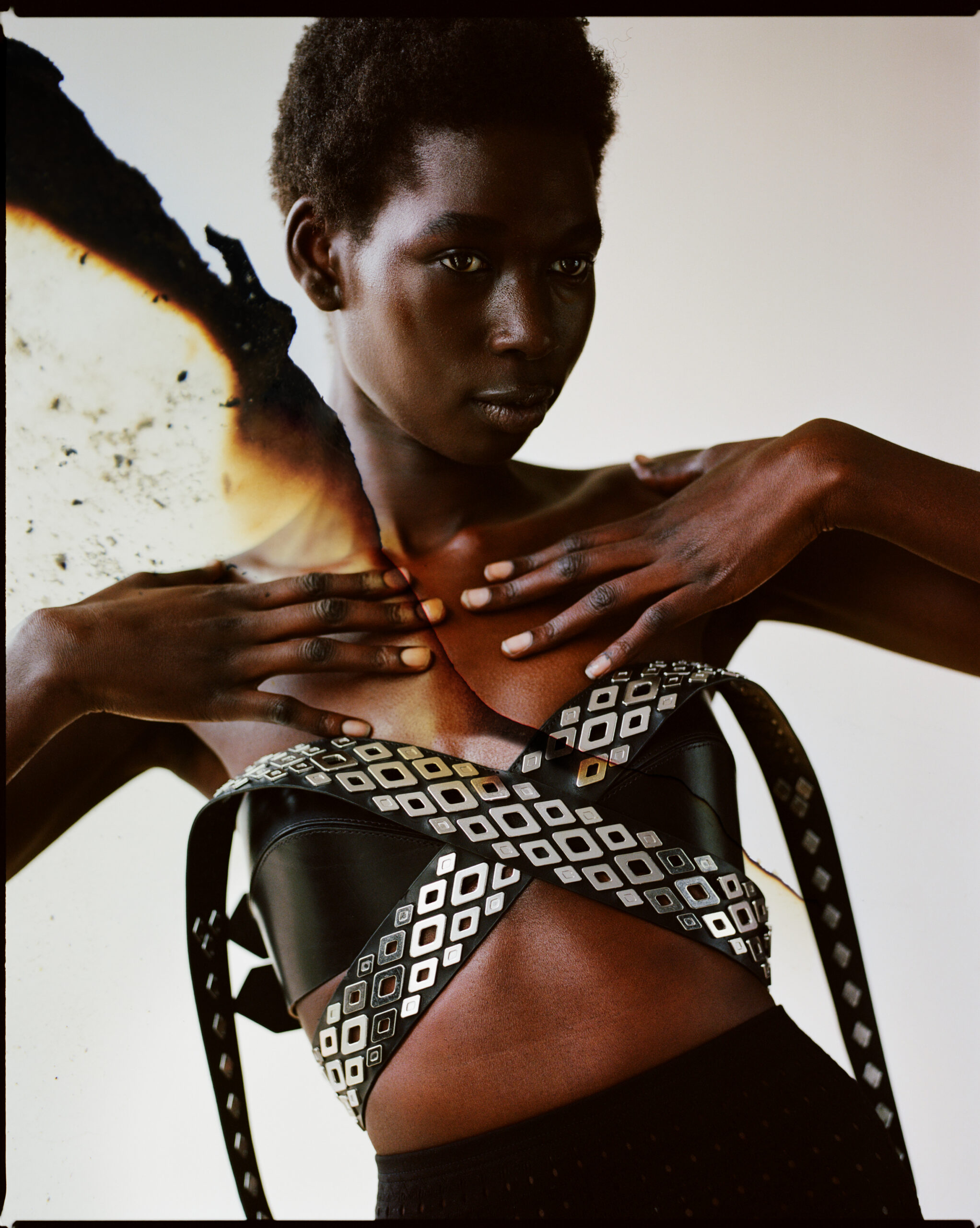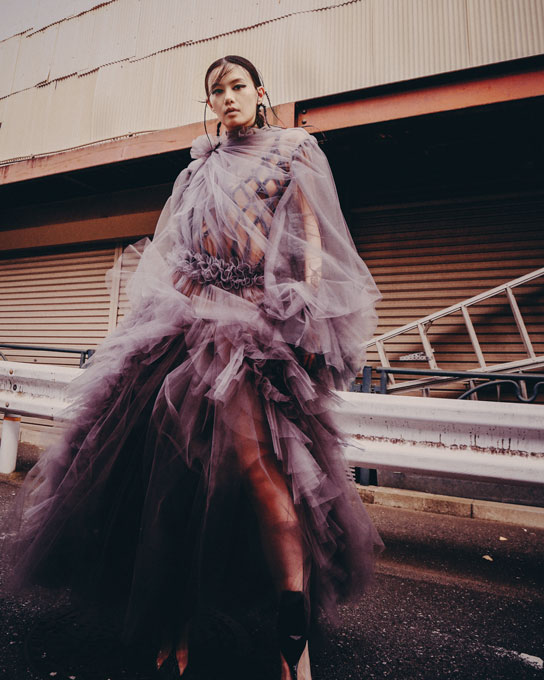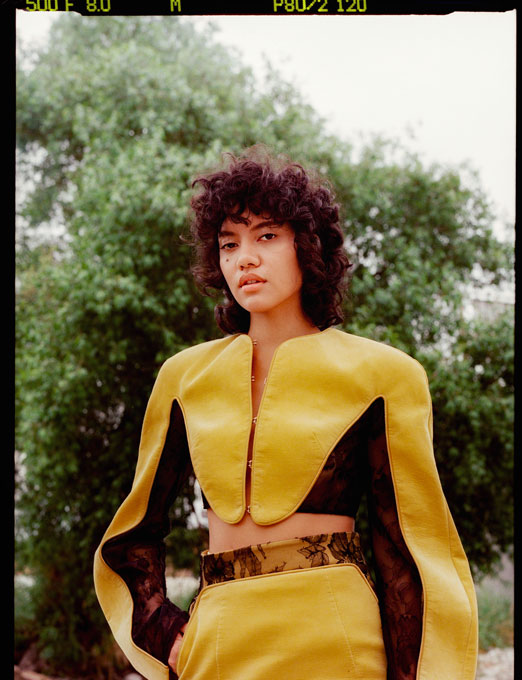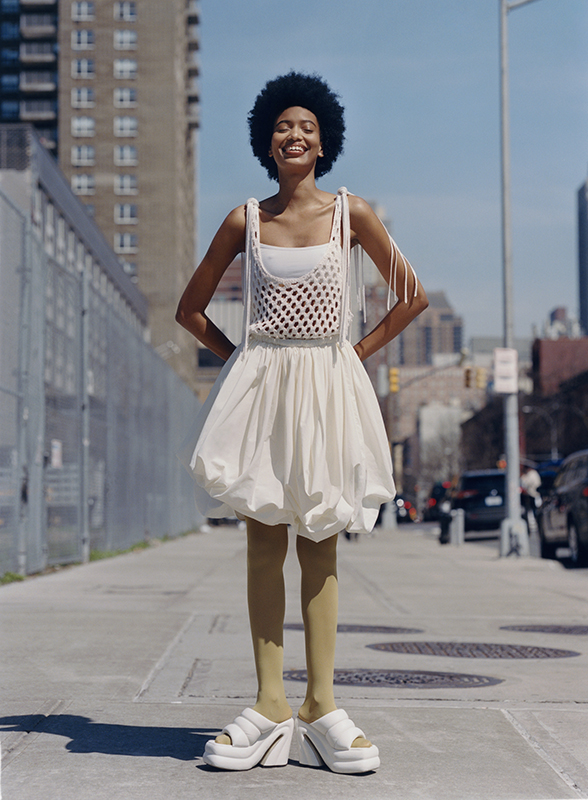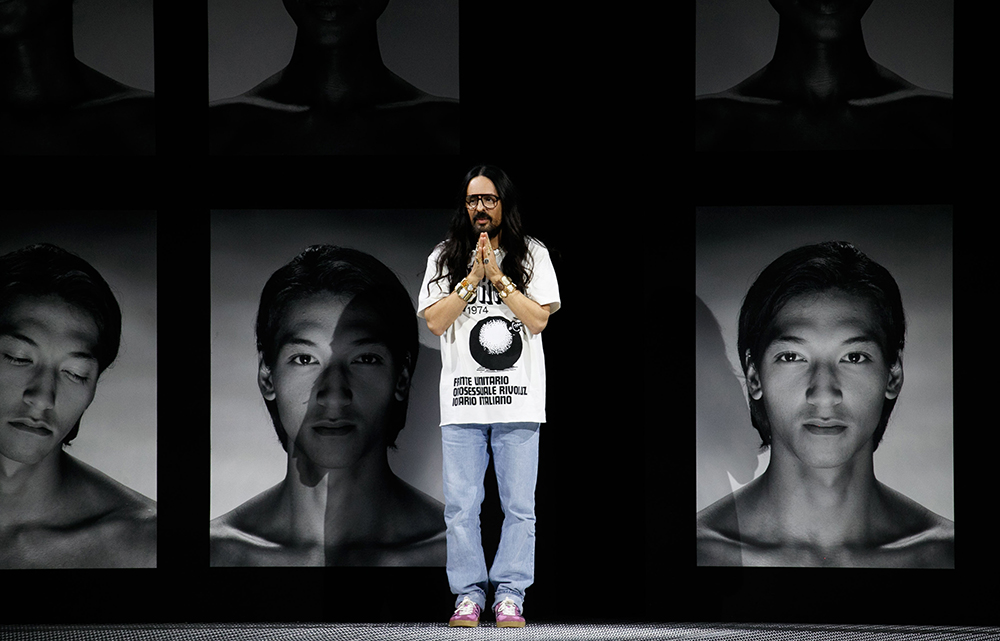DESIGNER
Yusuke Takahashi
Words by Matthew Burgos
The devotion burrowed in the mind's threshold nudges one designer in snapshots: while sketching the drafts of his latest collections. Once he has rekindled his readiness to embark on this unknown but familiar journey, the rebirth of ardor morphs into its fullest form, a tale that exudes grounding and modesty to self and respect to the blessings of the present time. In Yusuke Takahashi's narrative, one's purpose in life disappears only to reappear.
"Ever since I was a student, I had always wanted to establish my own label. In my previous job at Issey Miyake, I was entrusted with the role as the menswear designer for the Paris Collection. During this period, establishing my own label had always been on the back of my mind. I was toying with the idea on when would be the best time to take a step towards this path. Ten years after my tenure with Issey Miyake and followed by the birth of my daughter in May 2019, I made the decision to establish CFCL in 2020," Takahashi tells Blanc Magazine.
CFCL stands for Clothing for Contemporary Life: the embodied interplay among simplicity, modesty, and responsibility, designed for men and women following a timeless approach and ethos towards fashion and life. "Our society thinks about the process of living, and we remain fascinated in the philosophy and background of what makes up the facets of a daily routine. Through this mindset, the brand strives to produce clothes that encourage responsibility in how we live our life and align with our clients' beliefs. Our ethos lies in clothing being easy, light, airy, and comfortable, complementing each of our diverse lifestyles."
At the heart of CFCL's character, its purpose of existence portrays humanity: sophistication in everyday wear, comfort and ease in quick-dry and washable materials, and a conscious-centered production through sustainable materials to practice minimal waste and support local and transparent supply chains. CFCL sews technological advancement into its fabrics through 3D, computer-developed knitwear using certified, sustainable polyester yarns and state-of-the-art technology. "Utilizing the WHOLEGARMENT knitting machine developed by Shima Seiki, we can produce clothes like a 3D printer. A programmer at the factory creates data by looking at the designs I have drawn and instructions I have written on a tablet. Then, they set the yarn in the machine which knits one garment at a time. This process takes about one to two hours, unveiling clothes that are stretchy, seamless, and give optimum comfort. For computer-knit clothing, the materials can be selected from the yarn. We mainly use recycled fibers derived from plastic bottles. Since we do not cut or sew the fabric during the production process, we minimize waste as there is almost little to no fabric scraps."
Mimicry of sea waves, free-flowing transitions from one movement to anotherby the loose fitting, dialogues between the fabrics and the wearer on style and freeness, and a ceremony of deep colors reverberating one's affluence in fashion. Men may wear a black coat-like classic collar cardigan with black pants, both pieces resembling husks of bean pods, while a beige and yellow sweater that embraces the neck with its collar breaks the homogeneity of the shade. If not those, then a lustful red, neck-wrapped cardigan with solar white relaxed pants, or a pastel yellow and blue oversized sweater over black cropped pants.
Women can indulge in a crimson red sweater, cropped and open collar to display the bare shoulders that go with a wide, above-ankle skirt of the same palette. If too vulnerable towards the bite of the frosty weather, the fashion house has crafted a black dress in vertical lines with a collar that doubles as a scarf covering one's skin until below the eyes, and an oversized pastel blue and yellow coat to match the cropped, relaxed pants of the same hues and design. In each outfit, the illustration of abstract and balance persists; in each style, Takahashi's artistic voice sings.
In the six years that Takahashi had been designing and creating the Issey Miyake Paris Collections, he witnessed and experienced the ebb and flow of time and the pervading issues that come with it. His eyes opened towards the spread of social networking services, the rise of fast fashion, the growing concern for human rights and environmental issues, and the evolution of artificial intelligence and the Internet of Things. "Witnessing these elaborated, global issues, I was driven to start my company with the belief of our collective participation in whatever way we can to help reduce the grave issues we continuously face, especially within the environment. I have instilled these into CFCL's mentality: clothes should not only favor the aesthetics, but also be crafted and created responsibly as part of our civic duty for the generations to come." Yusuke Takahashi has realized a myriad of advocacies in fashion through the bloom of his reawakened purpose and passion.







